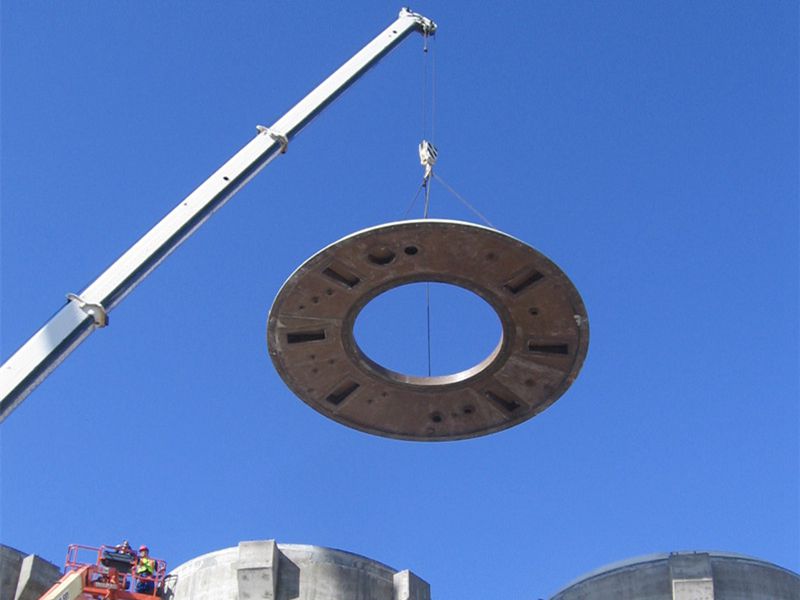
-
 Afrikaans
Afrikaans -
 Albanian
Albanian -
 Amharic
Amharic -
 Arabic
Arabic -
 Armenian
Armenian -
 Azerbaijani
Azerbaijani -
 Basque
Basque -
 Belarusian
Belarusian -
 Bengali
Bengali -
 Bosnian
Bosnian -
 Bulgarian
Bulgarian -
 Catalan
Catalan -
 Cebuano
Cebuano -
 China
China -
 China (Taiwan)
China (Taiwan) -
 Corsican
Corsican -
 Croatian
Croatian -
 Czech
Czech -
 Danish
Danish -
 Dutch
Dutch -
 English
English -
 Esperanto
Esperanto -
 Estonian
Estonian -
 Finnish
Finnish -
 French
French -
 Frisian
Frisian -
 Galician
Galician -
 Georgian
Georgian -
 German
German -
 Greek
Greek -
 Gujarati
Gujarati -
 Haitian Creole
Haitian Creole -
 hausa
hausa -
 hawaiian
hawaiian -
 Hebrew
Hebrew -
 Hindi
Hindi -
 Miao
Miao -
 Hungarian
Hungarian -
 Icelandic
Icelandic -
 igbo
igbo -
 Indonesian
Indonesian -
 irish
irish -
 Italian
Italian -
 Japanese
Japanese -
 Javanese
Javanese -
 Kannada
Kannada -
 kazakh
kazakh -
 Khmer
Khmer -
 Rwandese
Rwandese -
 Korean
Korean -
 Kurdish
Kurdish -
 Kyrgyz
Kyrgyz -
 Lao
Lao -
 Latin
Latin -
 Latvian
Latvian -
 Lithuanian
Lithuanian -
 Luxembourgish
Luxembourgish -
 Macedonian
Macedonian -
 Malgashi
Malgashi -
 Malay
Malay -
 Malayalam
Malayalam -
 Maltese
Maltese -
 Maori
Maori -
 Marathi
Marathi -
 Mongolian
Mongolian -
 Myanmar
Myanmar -
 Nepali
Nepali -
 Norwegian
Norwegian -
 Norwegian
Norwegian -
 Occitan
Occitan -
 Pashto
Pashto -
 Persian
Persian -
 Polish
Polish -
 Portuguese
Portuguese -
 Punjabi
Punjabi -
 Romanian
Romanian -
 Russian
Russian -
 Samoan
Samoan -
 Scottish Gaelic
Scottish Gaelic -
 Serbian
Serbian -
 Sesotho
Sesotho -
 Shona
Shona -
 Sindhi
Sindhi -
 Sinhala
Sinhala -
 Slovak
Slovak -
 Slovenian
Slovenian -
 Somali
Somali -
 Spanish
Spanish -
 Sundanese
Sundanese -
 Swahili
Swahili -
 Swedish
Swedish -
 Tagalog
Tagalog -
 Tajik
Tajik -
 Tamil
Tamil -
 Tatar
Tatar -
 Telugu
Telugu -
 Thai
Thai -
 Turkish
Turkish -
 Turkmen
Turkmen -
 Ukrainian
Ukrainian -
 Urdu
Urdu -
 Uighur
Uighur -
 Uzbek
Uzbek -
 Vietnamese
Vietnamese -
 Welsh
Welsh -
 Bantu
Bantu -
 Yiddish
Yiddish -
 Yoruba
Yoruba -
 Zulu
Zulu
Fiberglass Roof Tank Solutions for Enhanced Storage and Durability in Various Applications
The Benefits of Fiberglass Roof Tanks
In recent years, the use of fiberglass roof tanks has gained significant popularity in various residential, industrial, and commercial applications. These tanks provide a host of advantages that make them an ideal choice for water storage, chemical containment, and other purposes.
Durability and Strength
Fiberglass is known for its incredible durability. Roof tanks made from fiberglass are weather-resistant, meaning they can withstand extreme temperatures, heavy rainfall, and harsh UV rays without degrading. Unlike traditional materials such as steel or concrete, fiberglass does not rust or corrode, ensuring a longer lifespan and reduced maintenance costs. This durability is particularly important for roofs, where exposure to the elements can take a toll on storage tanks.
Lightweight Nature
One of the standout features of fiberglass is its lightweight nature. Compared to steel or concrete tanks, fiberglass tanks are considerably lighter, making them easier to transport and install. This characteristic not only reduces installation time and labor costs but also makes it feasible to place tanks on rooftops without requiring extensive structural modifications. Furthermore, the reduced weight lowers the load on the building's infrastructure, which can be a crucial factor in seismic-prone or older buildings.
Corrosion Resistance
Fiberglass is naturally resistant to a wide range of chemicals, making it an excellent option for storing various substances, including potable water, wastewater, and industrial chemicals. This corrosion resistance means that there is a lower risk of leaks and contamination, ensuring that the contents remain safe and uncontaminated. This feature is particularly beneficial for industries that require strict compliance with environmental regulations.
roof tank fiberglass

Insulation Properties
Another significant advantage of fiberglass roof tanks is their insulation properties. Fiberglass has a low thermal conductivity, helping to maintain consistent temperatures within the tank, regardless of external weather conditions. This insulation helps in preventing freezing during cold weather and minimizes temperature fluctuations, which can be crucial for certain applications, like storing sensitive chemicals or biological materials.
Cost-Effectiveness
While the initial investment in fiberglass tanks may be higher than traditional options, the long-term benefits can outweigh the costs. The durability, low maintenance requirements, and efficiency of fiberglass tanks contribute to significant savings over time. Additionally, their lightweight nature often results in lower installation costs, further enhancing their cost-effectiveness.
Environmental Impact
As sustainability becomes a more significant concern globally, fiberglass roof tanks stand out as an environmentally friendly option. Many fiberglass tanks are made from recycled materials, and their longevity reduces the need for frequent replacements, thus minimizing waste. The low maintenance demands further contribute to their eco-friendliness, as there is less need for harsh chemicals for cleaning and repairs.
Conclusion
In conclusion, fiberglass roof tanks offer a range of benefits that make them a superior choice for many storage applications. Their durability, lightweight nature, corrosion resistance, excellent insulation properties, cost-effectiveness, and minimal environmental impact position them as an ideal solution for businesses and homes alike. As innovative materials continue to evolve, the reliance on fiberglass tanks is likely to grow, providing reliable storage solutions for generations to come. Whether for water storage, chemical containment, or other purposes, fiberglass roof tanks are a smart investment for the future.









